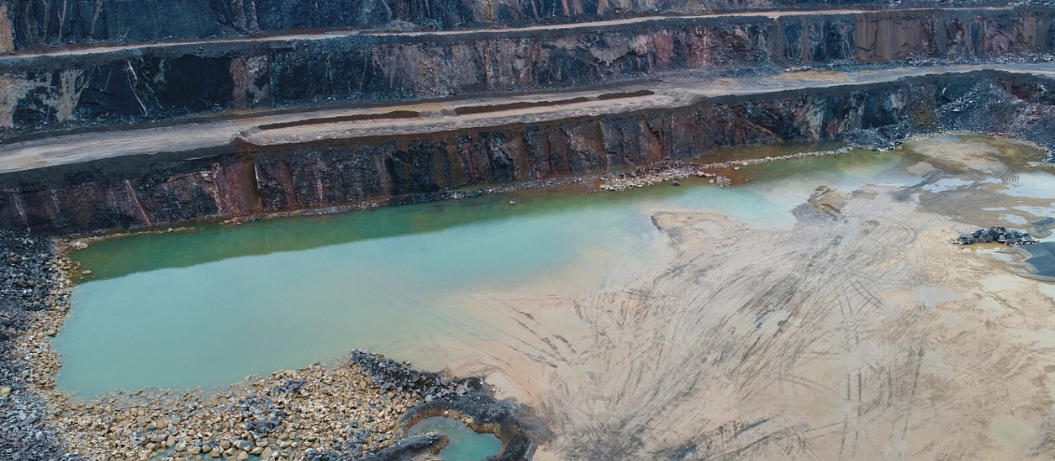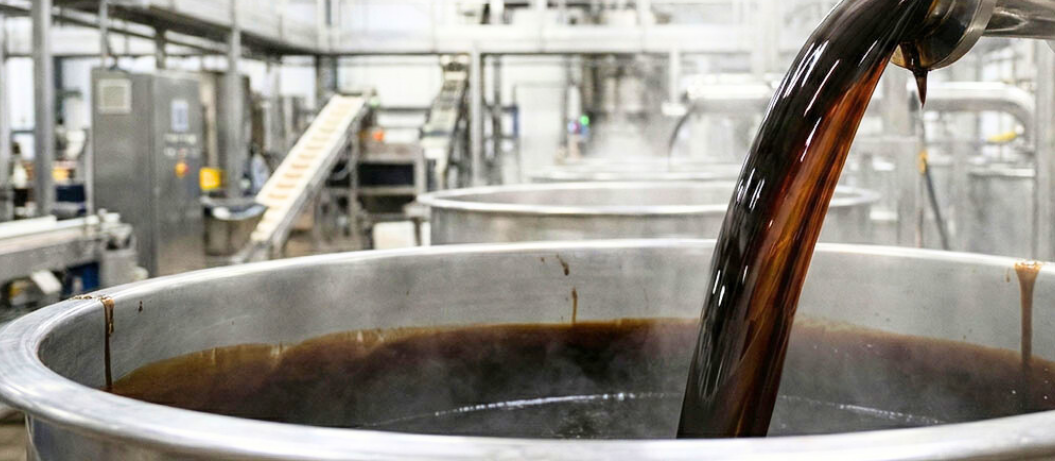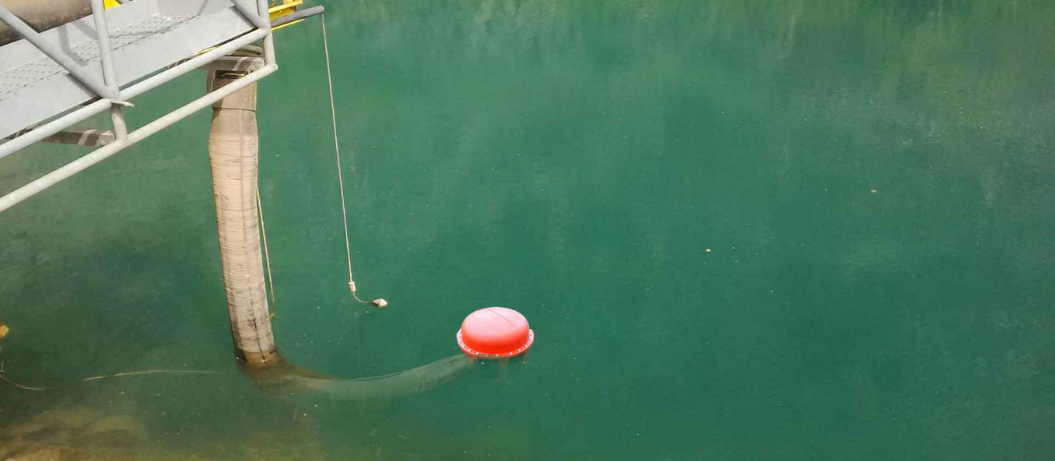Water is an essential resource for many industries but with water scarcity on the rise, how we manage water to optimise its usage has never been more important. As climate change continues to impact the balance of water availability, ensuring efficient water treatment and reducing our water footprint is something which should be a key objective for everyone in the water industry.
In addition to the wider global implications of correct water management, there are several reasons why looking after water is important:
Aging Infrastructure + Increased Demand
Yesteryear’s solution has become today’s problem
The UK’s major investment in sewage infrastructure during the Victorian era (1860’s) put a stop to mass cholera and typhoid outbreaks. However, since then the UK population has more than doubled on average, London’s has more than quadrupled.
The public sewer system installed at speed back then was literally a lifesaver for tens of thousands of people, but the choice of a ‘combined sewer’ model is now showing its downsides. The chosen concept of diluting sewage with rainwater, to dilute it for discharge into rivers and sea, is no longer adequate. Yet segregating it at source is all but impossible, without a major upheaval to existing roads and property.
This leads to the essential need to radically improve our treatment of this combined sewage and wastewater.
Environmental Protection
If untreated wastewater or sewage reaches rivers, seas, lakes, estuaries or oceans in high concentrations it can have dire consequences for the environment, humans and animals. Polluted water, which hasn’t undergone a sufficient sanitation process, can carry germs, bacteria, and parasites which can cause illness and infection in humans and livestock.
Even a high concentration of nutrients can lead to the destruction of biodiversity and the proliferation of algae, as well as introducing harmful toxins into the food chain. For example, exposure to nitrates from fertilisers at an early age can affect development and is responsible for increasing stunted growth in children by as much as 19%.
In addition, each year, increased salinity spoils enough food to feed 170 million people, decreasing agricultural yields.
Optimising Water Reuse
Water is a finite resource and as the effects of climate change are increasingly felt around the world, ensuring the water we do have is used as efficiently as possible is paramount. Safely treating wastewater prevents it from being polluting and means it can instead be reused for example, for irrigation and energy production.
Many industries use water in their processes and effective water management and treatment means they have access to clean, safe water which supports economic activity and sustainable development.
As industrial effluent is also disposed of via the combined sewer system (under permit from the water company), encouraging sites to harvest rainwater and recycle process water for their own use is a key consideration. Dealing with wastewater at source means you have a limited number of known pollutants, helping reduce treatment costs and pressure on the over-stretched sewer system. Onsite treatment of post-process water is working well for construction sites and cement plants, who use EnviroHub to recycle water for fresh concrete production and washdown duties.
Cost Efficiency
Effective water treatment saves water firms money in many ways. Chemicals are a major cost driver, so physically pre-treating the water helps these go further and extends the life of subsequent treatment equipment and pumps. Removal of naturally occurring sludge from clean water at the beginning of the process improves energy efficiency throughout the rest of the process. Depending on the extent of the issue, this can be accomplished by passing the supply through thickener tanks, hydrocyclones, or filters.
Management of the water catchment area is crucial and involves working with upstream businesses, factories, farmers, and authorities such as DEFRA to ensure the raw water supply in terms of volume and quality is protected.
In addition, many of the processes used in effective water treatment are cost-efficient in themselves and don’t require huge investments in technology. For example, chlorination where chlorine is derived through electrolysis from brine is a cost-effective way to treat large quantities of water. Similarly, carbon nanoparticles are eco-friendly, easy to handle, and have a high surface area making them ideal for water purification.
Wastewater treatment is increasingly benefitting from advances in anaerobic digestion (AD), extracting value from energy recovery and nutrients for fertiliser production.
Compliance and Regulation
The Environment Agency has ramped up inspections on water treatment companies with the number of inspections expected to rise to 4000 a year by March 2025 and to 10,000 a year by April 2026. The number of unannounced inspections will also increase, water company oversight and reducing reliance on self-monitoring in a bid to crack down on pollution. It is therefore crucial water firms can demonstrate compliance with current regulations, or risk hefty fines and enforcement action.
With the EA now performing regular checks and requiring proof of safe water disposal, a system like Atlantic Pump’s EnviroHub can offer a solution. EnviroHub not only monitors and reports on water quality on site, it will also alert users when water is unsafe to be disposed of and can be programmed to automatically intervene to prevent unauthorised discharge.
Safe and effective wastewater treatment isn’t just good business – it’s an essential part of any water treatment company’s social and environmental responsibility. Not only will it safeguard against environmental damage and protect the food chain, but it will cement a water company’s reputation as a protector and guardian of one of life’s most vital resource.
Get in touch to find out how Atlantic Pumps water treatment systems can positively impact your business operations.
We also take a sustainable approach to our work and are committed to reducing energy waste from pumps. Our expert knowledge allows us to reduce energy usage by 20% on the average site!
Call us today on 0808 196 5108 for more information.
 March 22 2024
March 22 2024 3 min read
3 min read


